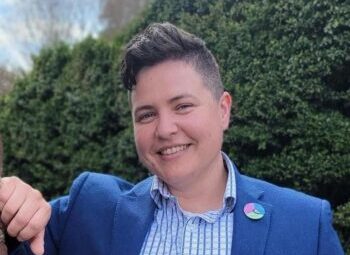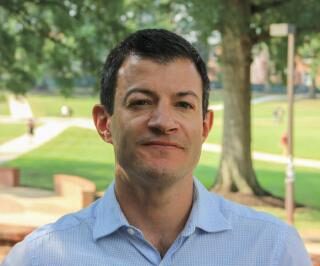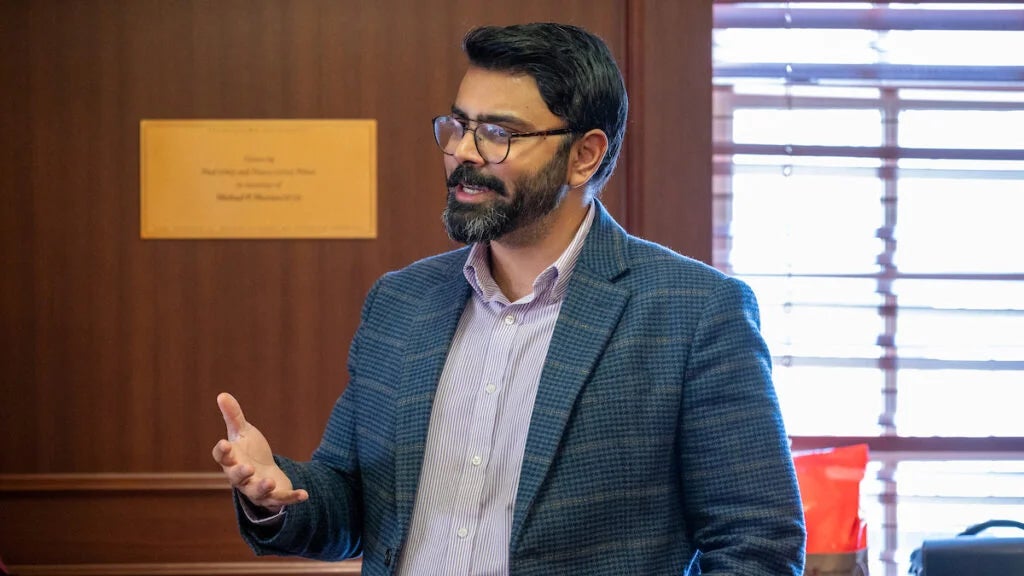Faculty Fellows
The CSJ’s Faculty Fellows Program is a two year commitment designed as a learning community with the goal of working collaboratively across Georgetown faculty to advance the reach of the faculty’s work centered on community engaged scholarship and learning. Ultimately the cohort’s work is intended to mobilize the power of knowledge for the common good. Selected after a University-wide call, the current cohort of scholars represent the breadth of excellence from across schools, fields, and campuses at Georgetown. Through the CSJ’s Faculty Fellows Program these thought-leaders will bring ideas that foreground community engagement and socially and politically engaged scholarship to our learning community and to campus. Over monthly meetings and through individual research projects, they will share their research and incubate innovative approaches to engaged scholarship.

Kristin Sinclair

Amanda Phillips
If you are a Georgetown University faculty member interested in learning more about the CSJ Faculty Fellows program, please contact CSJ’s Director of Engaged Scholarship and Pedagogy, Dr. Fatemeh Hosseini at Fatemeh.Hosseini@georgetown.edu.



